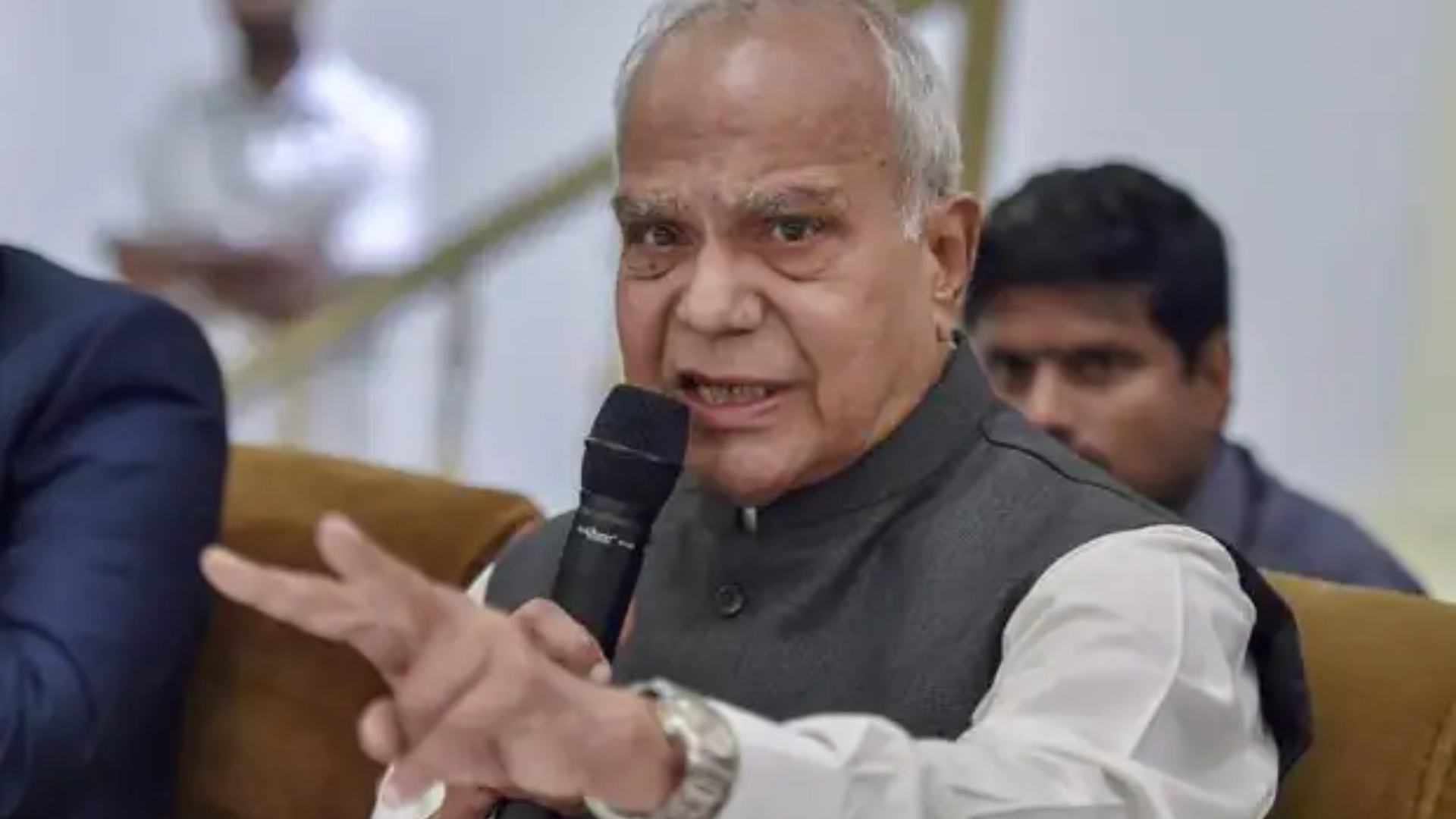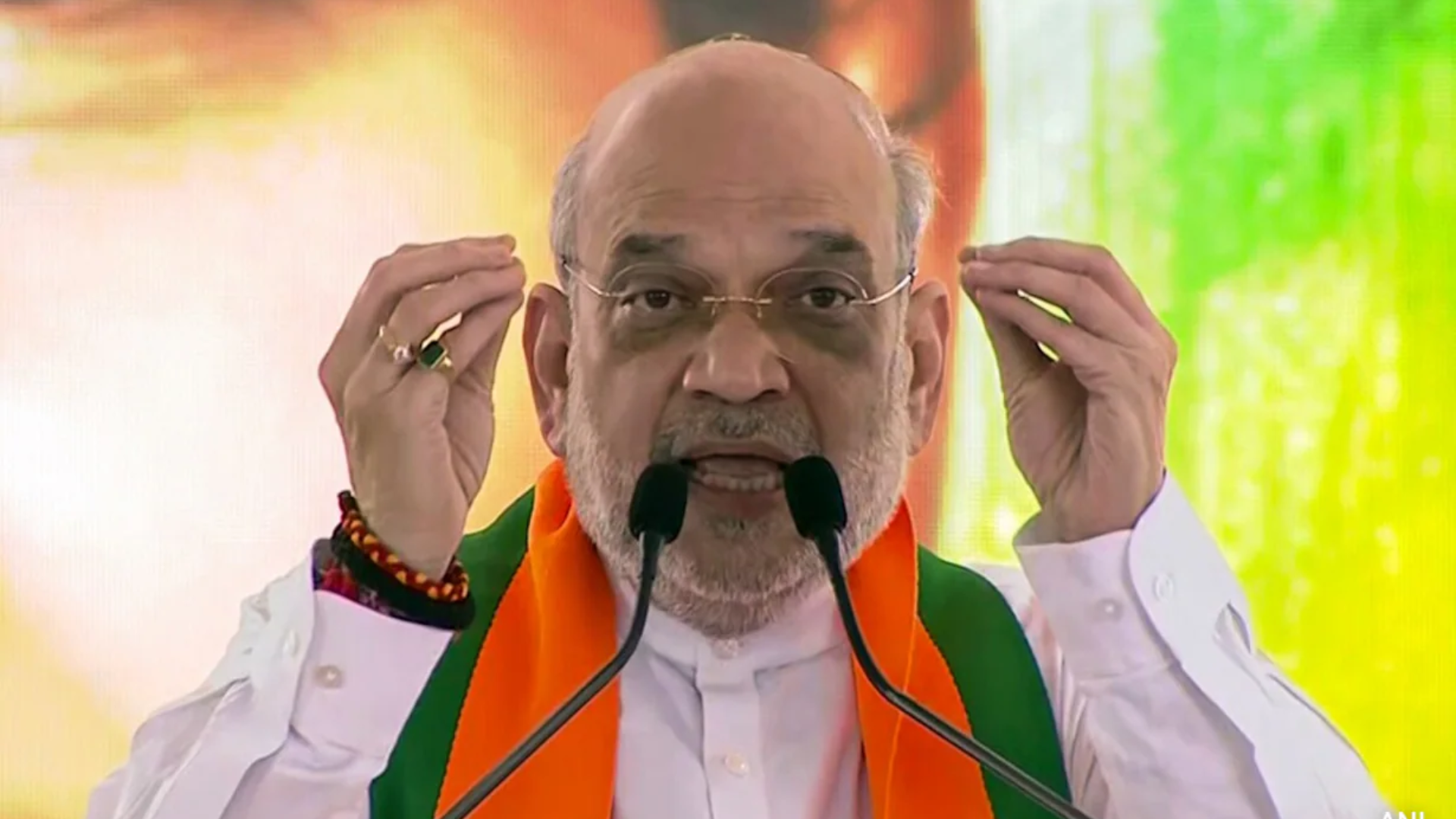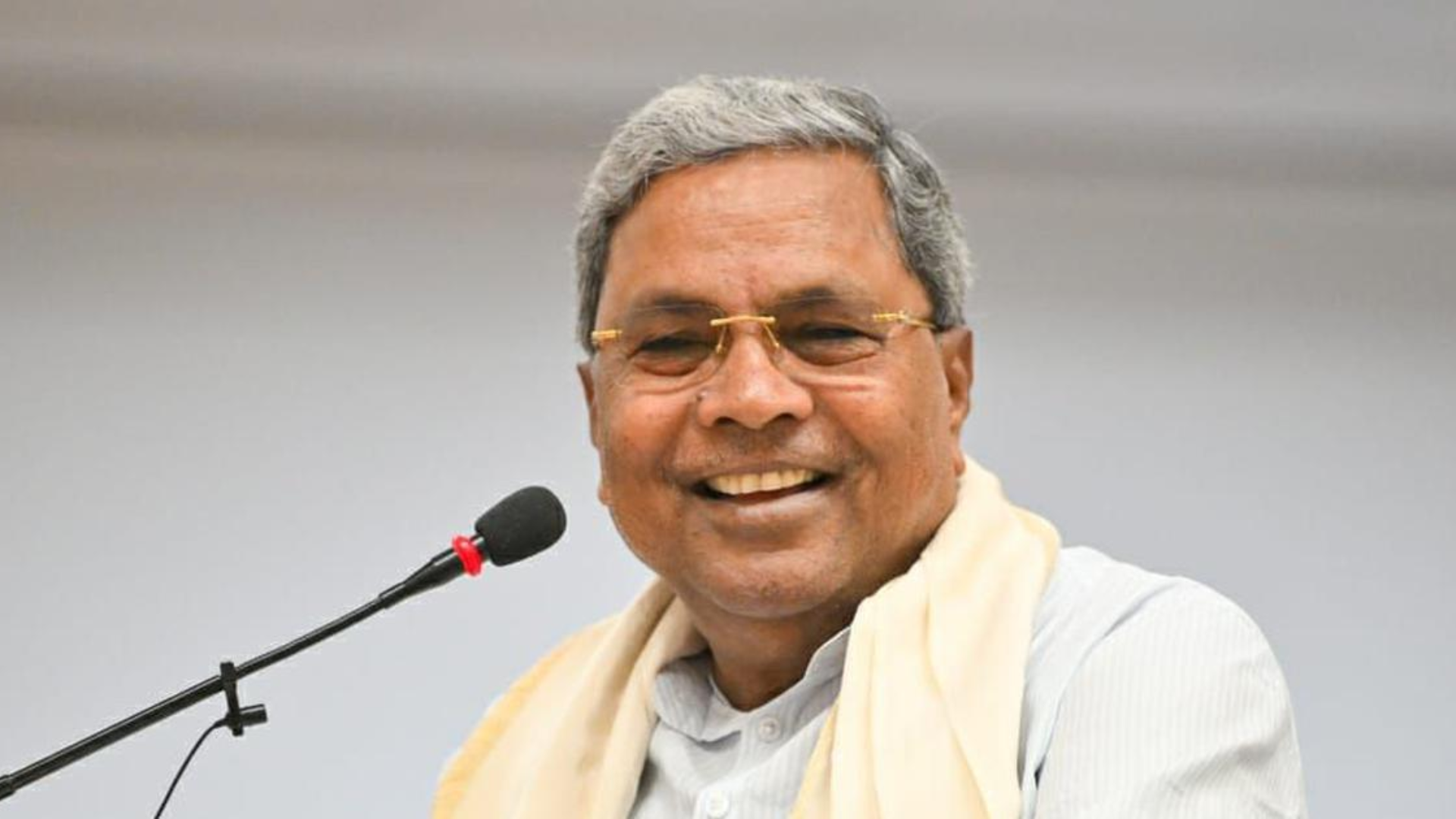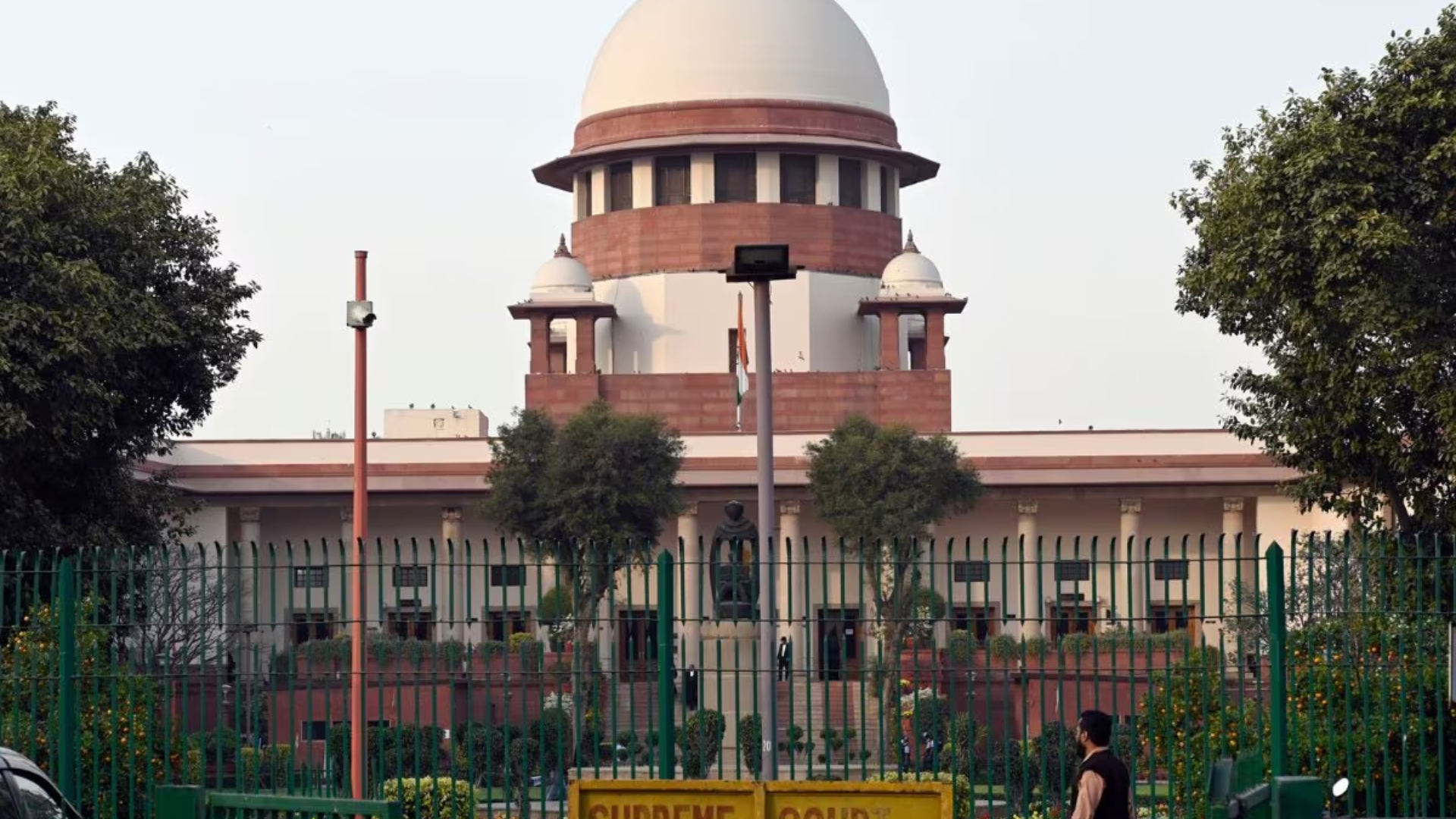






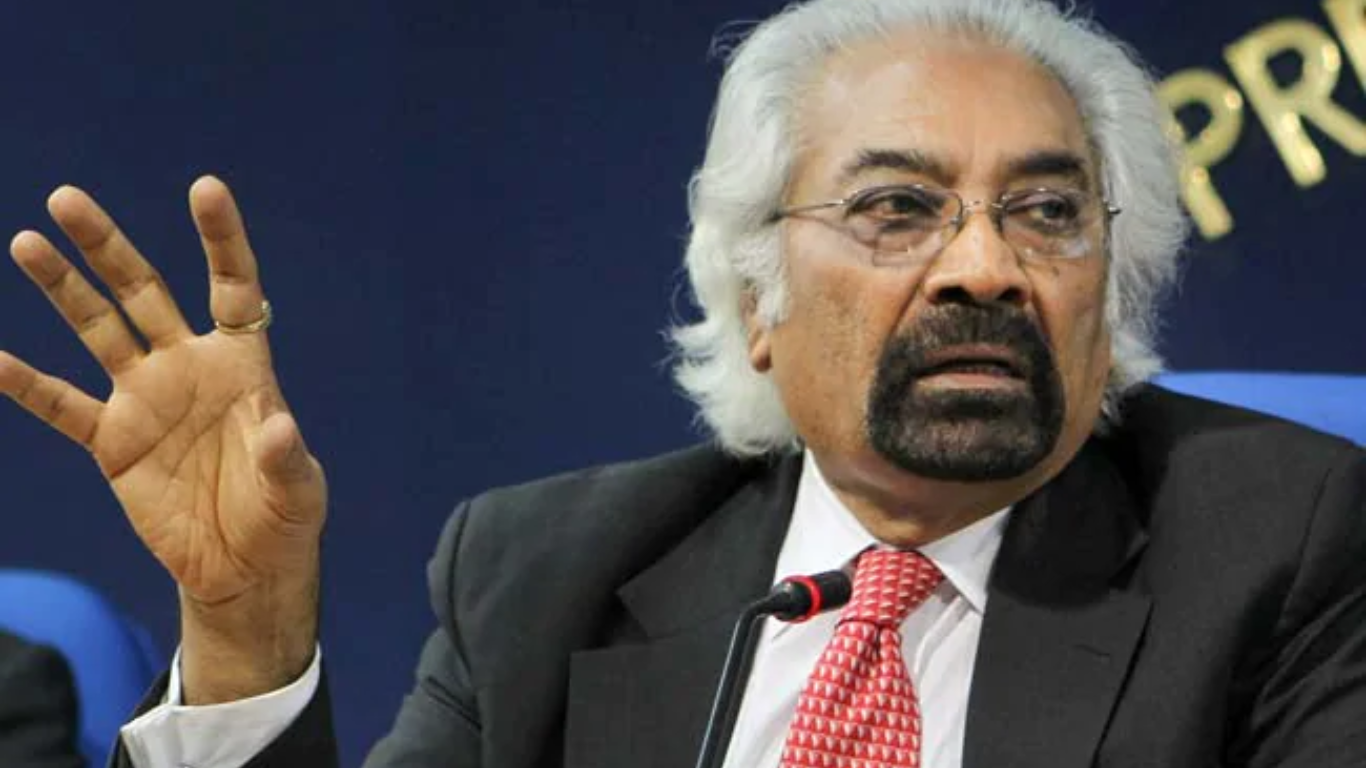

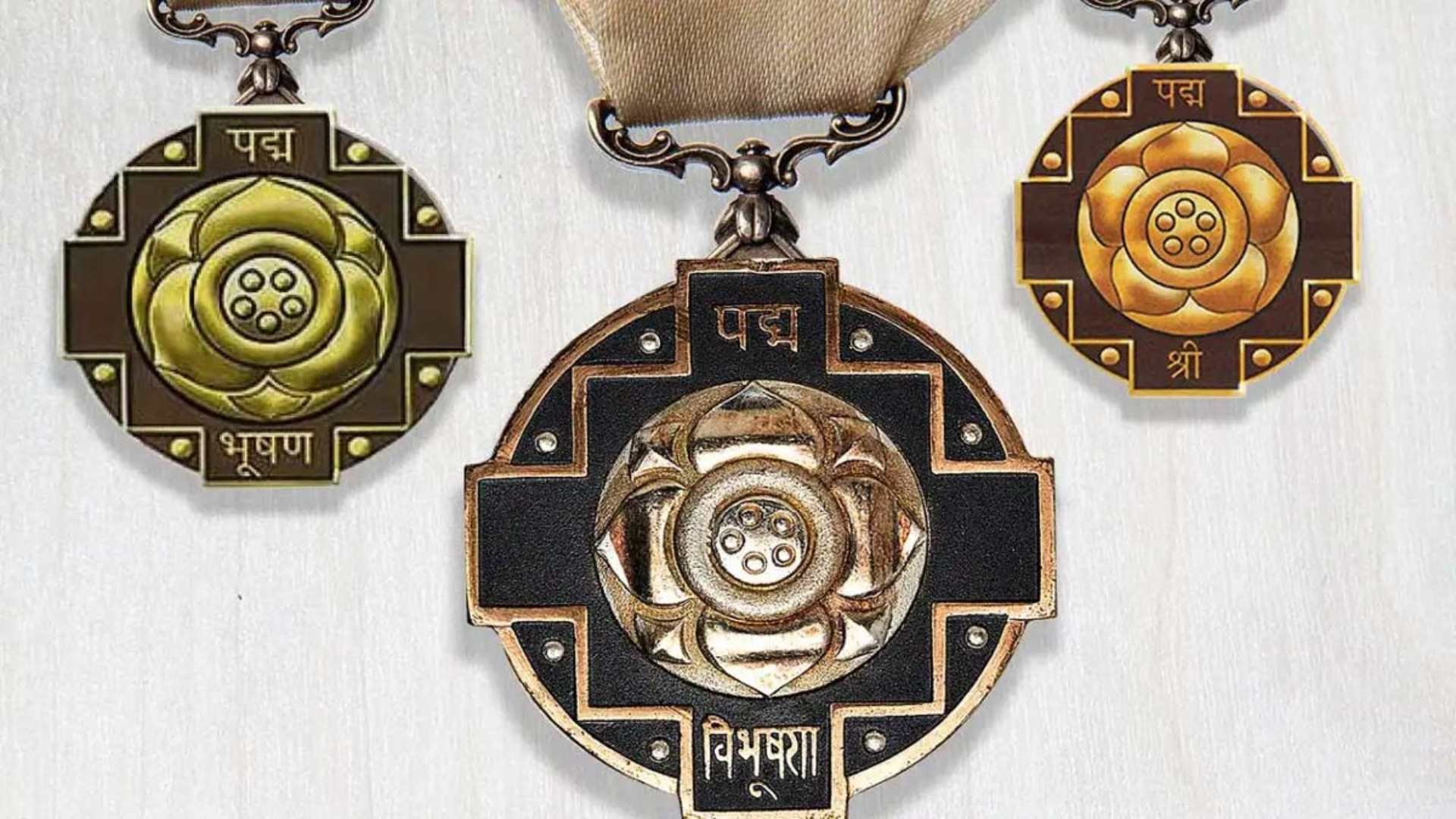

The Uttarakhand Assembly was adjourned after Chief Minister Pushkar Singh Dhami presented the Uniform Civil Code (UCC) bill on Tuesday. The laws pertaining to live-in relationships, succession, marriage, divorce, and other related topics are contained in the Bill. The Uniform Civil Code Bill is one of the many proposals that requires live-in relationships to be registered with the government.
Once the proposed UCC Bill is in place, “live-in relationships” will have to get registered under the law within 1 month from the “date of entering into the relationship”. To live in a live-in relationship, adults will have to obtain consent from their parents.
The Bill also imposes a complete ban on child marriage and introduces a uniform process for divorce. The Code provides equal rights to women of all religions in their ancestral property.
The UCC Bill states that in every community, a person must be 21 years old for men and 18 for women to get married. All religions require marriage registration; marriages that are not registered will be void. After a year of marriage, no divorce petition may be filed. The proposed UCC Bill emphasized the marriage ceremonies, pointing out that a man and a woman may choose to be married in accordance with religious beliefs, customs, rites, and ceremonies, such as “Saptapadt,” “Ashirvad,” “Nikah,” “Holy Union,” and “Anand Karaj” under the Anand Marriage Act of 1909, as well as under the Special Marriage Act of 1954 and the Arya Marriage Validation Act of 1937.
However, nothing in the proposed UCC Bill will apply to individuals or groups whose customary rights are safeguarded by Part XXI of the Indian Constitution, or to members of any Scheduled Tribes as defined by clause (25) of Article 366 read with Article 342 of the Indian Constitution. CM Dhami, in the meantime, predicted that Uttarakhand will solidify as a cornerstone of Prime Minister Narendra Modi’s “One India, Best India” vision following the passage of the UCC Bill.
“With full responsibility, our government, taking all sections of the society along, has presented the Uniform Civil Code Bill in the Assembly. That historic moment is near for Devbhoomi when Uttarakhand will become a strong pillar of PM Modi ji’s vision of One India, Best India,” Dhami posted on X.
The passage of the UCC Bill will mark the fulfilment of a major promise made by the BJP to the people of the state in the run-up to the 2022 Assembly polls.
In March 2022, the Dhami government decided to constitute a committee to prepare a draft for the UCC.

